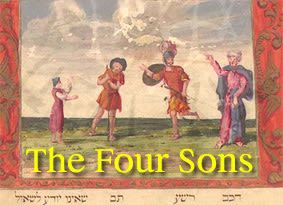
Bo: The Four Sons
God gave us 613 beautiful and uplifting mitzvot. We are permitted, and even encouraged, to discover inspiring and meaningful "reasons" for them...

The picture of the four sons is from the Haggadah of Moses Loeb ben Wolf (Trebisch Moravia, 1716/17) The colorful four sons pictures are from Arthur Syzk Haggadah (Poland and USA, 1939).
The Wicked Son and "Reasons" for Mitzvot
This week’s Parsha deals with the climax of the Exodus as Pharaoh frees the Children of Israel. Every year, Jews throughout the world celebrate the Exodus at the Pesach (Passover) Seder, whose central mitzvah is to relate the story of the Exodus to our children The Rambam (Maimonides, Hilchot Chametz U’Matzah, Perek 7,2) derives this mitzvah from the verse in our Parsha: “And you shall tell your son” (Shemot 13:8).
The Four Sons
One of the highlights of the Pesach Haggadah, the familiar text of the Pesach Seder, is the Four Sons. Usually they’re illustrated in imaginative pictures representative of the period in which the Haggadah was printed. Fittingly, three of the four sons are mentioned in this week’s Parsha, in the same section as the mitzvah of relating the story of the Exodus.
Blessed is the Omnipresent. Blessed is He. Blessed is the One Who has given the Torah to His people Israel, Blessed is He. Concerning four sons does the Torah speak: a wise one, a wicked one, a simple one and one who does not know to ask.

With these words, the Haggadah introduces the Four Sons and then goes on to explain how each we should relate to each of them.
What does the wise son say? "What are the testimonials, statutes and laws the Lord our God commanded you?" (Devarim/Deuteronomy 6:20). You should tell him about the laws of Pesach, that one may eat no dessert after eating the Pesach offering.
While the wise son’s question originates in Devarim, the other three are found here in Parshat Bo:

What does the wicked son say? "What does this service mean to you?" (Shemot 12:26). "To you" and not to him. Since he excludes himself from the community, he has denied a basic principle of Judaism. You should blunt his teeth by saying to him: "It is for the sake of this that God did for me when I left Egypt. For me and not for him. If he was there he would not have been redeemed."
What does the simple son say? "What's this?" (Shemot 13:14). You should say to him "With a strong hand God took me out of Egypt, from the house of servitude."
And the one who does not know how to ask, you start for him, as the Torah says: "And you should tell your son on that day, saying 'It is for the sake of this that God did for me when I left Egypt'" (Shemot 13:8).
Wicked Versus Wise
The Beit HaLevi raises two piercing questions on these passages, and goes on to answer them with a fundamental concept in Judaism.
The wicked son asks, "What does this service mean to you?" His question seems very similar to that of the wise son, "What are the testimonials, statutes and laws that the Lord our God commanded you?” And yet, the wicked son is labeled as wicked and then given a harsh response: “To you and not to him. Since he excludes himself from the community, he has denied a basic principle of Judaism. You should blunt his teeth…” But the wise son also said: “commanded you.” Why don’t we view him as excluding himself from the community? What’s the difference between their questions?
In addition, we never really respond to the wicked son. Instead, we "blunt his teeth.”
The Beit HaLevi explains that the retort to the wicked son is demonstrating how to deal with those who plan to “reform” the mitzvot. These heretics come up with ingenious explanations for the mitzvot, and then, with the changing of times, declare them obsolete.
Although the wicked son in often portrayed as being unlearned and coarse, the Torah is warning us to beware of the learned scholar who is familiar with the great miracles that occurred during the Exodus. The wicked son understands that the Egyptians worshipped sheep, and that the Pesach sacrifice commemorates that the Children of Israel slaughtering their sheep to show their disdain for the lowly Egyptian idol worship.
The "wicked son" has read our Parsha and has learned that the bones of the Pesach sacrifice may not be broken (Shemot 12:46), so that they will be easily discernible as sheep bones. Furthermore, the sacrifice was roasted whole (12:9), so that the Egyptian would see that the Israelites were roasting their idols – the sheep. The Egyptians ground their teeth in anger at what the Children of Israel were doing to their god. Everyone, including those Israelites who had been swayed by the surrounding Egyptian culture, realized that idol worship is false.
These facts can lead us to believe that the Pesach sacrifice is a mitzvah based on logic understandable to the human intellect. On a purely intellectual level, it makes sense that sacrificing the lamb in Egypt was necessary to nullify the Egyptian's idol worship. It also seems reasonable that each year the Jewish nation would need to be reminded of the uselessness of idol worship.
The Spirit of the Times
At this point the wicked son presents his cleverly phrased question: "What does this service mean to you?" He admits that we’re obligated to serve God. However, he argues, this service as formulated by the mitzvot, does not fit the spirit of the times. It makes sense that the generation that left Egypt, and maybe for a few generations afterwards, needed to be reminded that idol worship is false. After all, in those days idol worship was common. But nowadays, the wicked son points out, no one worships idols. So what’s the point? The wicked son is misleading us into thinking that his sole concern is to find the most beautiful and sensible way of serving God.
How should we react to this type of logic? First, answers the Torah, we must strengthen ourselves and our close ones, so we won’t be affected by the wicked son’s words. “You shall say, ‘It is a Pesach feast-offering to God (Shemot 2:27).” This is the Torah’s response to the wicked son. It doesn’t say that we should address him specifically, it only says, “you shall say,” meaning, say it principally for your own sake. Reinforce yourselves with the knowledge that the purpose of your service is to do God's will.
However, although the Torah doesn’t supply the response to the wicked son, the Pesach Haggadah does. Based on the Talmud Yerushalmi (Pesachim, Perek 9, Halacha 4), it states, “You should blunt his teeth by saying to him: 'It is for the sake of this that God did for me when I left Egypt.'”
With these words, the Beit HaLevi explains, the Sages are eliminating the heretical philosophy of the wicked son and showing us the correct way of viewing the mitzvot. The wicked son certainly had a point; there is a real and definite connection between the mitzvah of the Pesach offering and nullifying the Egyptian idol worship. However, it’s a big mistake to think that this is the reason for the mitzvah.
This Parsha contains many mitzvot connected to Pesach. Although the Torah provides us with an explanation of why the Jews carried matzah when they left Egypt, “The people picked up their dough when it was not yet leavened, their leftovers bound in their garments on their shoulders. (Shemot 12:34)” this is certainly not the reason for eating matzah. And what about the marror (bitter herbs)? Do we eat marror solely because, “And they embittered their lives" (Ibid. 1:14)?
The Beit Halevi argues that this is impossible. Avraham Avinu fulfilled the mizvot of matzah and marror generations before the Exodus from Egypt. Furthermore, we know that the Torah preceded the creation of the world by 974 generations (Shabbat 88b). Indeed, it is written that God looked into the Torah and created the world (Zohar, Terumah 161b). The Torah acted as a spiritual, cosmic blueprint for creation, and the mitzvot of Torah were already in existence long before the Jewish people were in exile in Egypt.
[Although the Mishna (Pesachim 116a-b, quoted in the Pesach Haggadah, “Rabban Gamliel used to say…”) does bring these kinds of reasons for Pesach, Matza and Marror, the Beit HaLevi explains that the Mishna’s intent is to demonstrate why we have an obligation from the side of gratitude to the Almighty to keep all these mitzvot, and not that the Mishna means to say this is the whole reason for the mitzvah].
The Beit HaLevi leads us to a startling conclusion. These mitzvot were not a result of the Exodus. Rather, in the merit of keeping the mitzvot of Pesach, Matza and Marror, the Jewish people were freed from the Egyptian bondage!
For the Sake of This
This is what we tell the wicked son. "It is for the sake of this that God did for me when I left Egypt.” It’s not like you thought. We're not offering the Pesach lamb because we left Egypt. The purpose of the Exodus was so that we’d be free to keep the mitzvot, and of one those mitzvot that we’re now able to fulfill is this Pesach offering.
This is true for all the mitzvot. We don’t fulfill mitzvot for any particular reason. God gave us the mitzvot, and it's impossible for us to even begin to understand why. We are, however, permitted to try to understand them to the best of our ability.
Now we can understand the difference between the wise son and the wicked son. The wise son knows that all the mitzvot must be observed, regardless of whether we understand them or not, as chukim – statues without logic reasons. This means even when we think we understand the reason, ultimately they are still chukim, statues with unfathomable reasons that we must accept because they come from the Infinite Intelligence of the Creator.
In fact, the commentaries, such as Sefer HaChinuch, who gave reasons for the mitzvot, called them ta’amim — tastes, in the sense that the reasons we perceive are only a taste of the immeasurable wisdom behind the mitzvah.
The wise son includes himself in the community of those who wish to observe God’s will simply because it is God’s will, as he said: "What are the testimonials, statutes and laws the Lord our God commanded you?” He includes himself by saying “our God,” and reveals that the source of all the testimonials, statues and laws are one and the same, God's commandment.
God gave us 613 beautiful and uplifting mitzvot. We are permitted, and even encouraged, to discover inspiring and meaningful "reasons" for them. But let’s not be misled by the erroneous philosophy of the wicked son, who feels that the product of his mind’s invention is the ultimate arbitrator of what is moral and correct. Let’s follow the guide of the wise son, who sees the underlying spiritual harmony of all the mitzvot – to do the will of the Almighty.


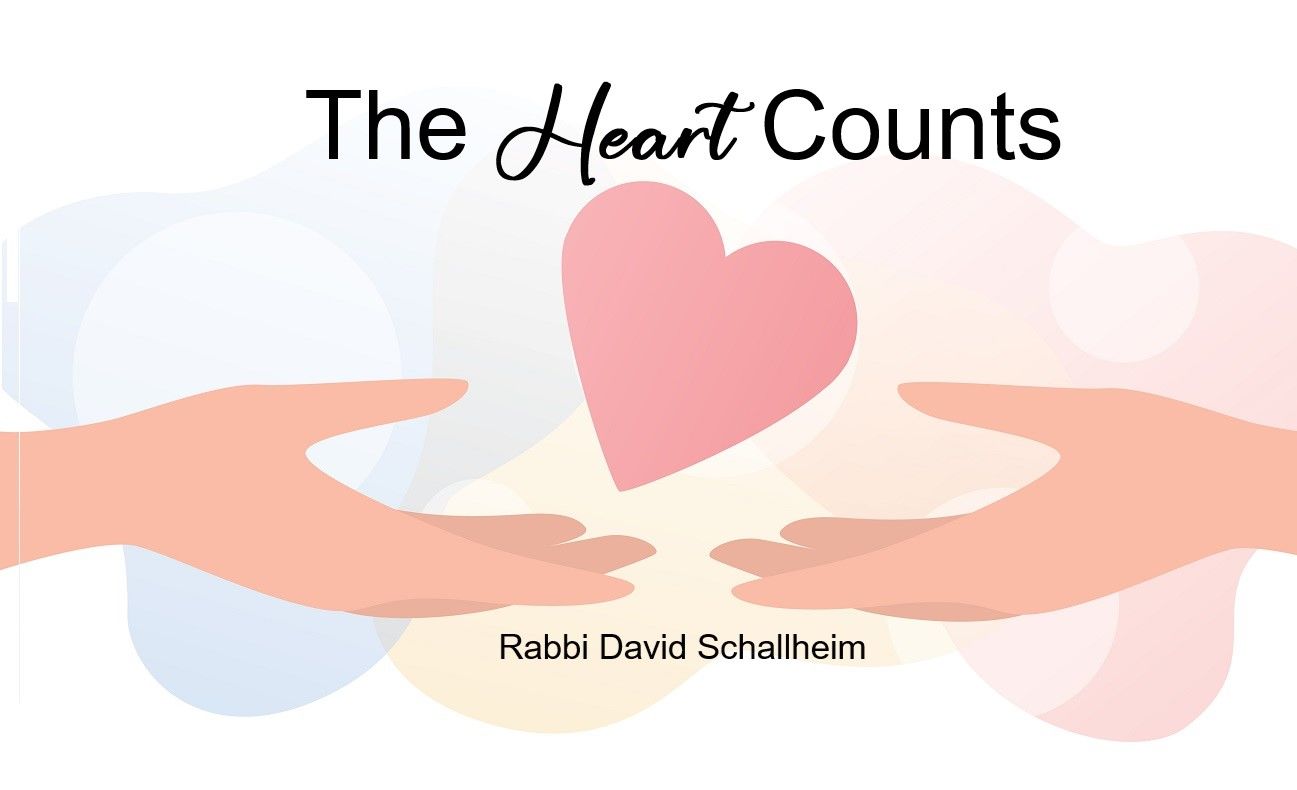
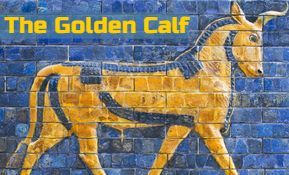
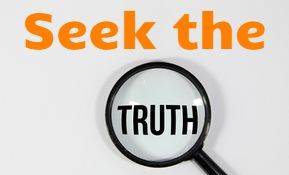
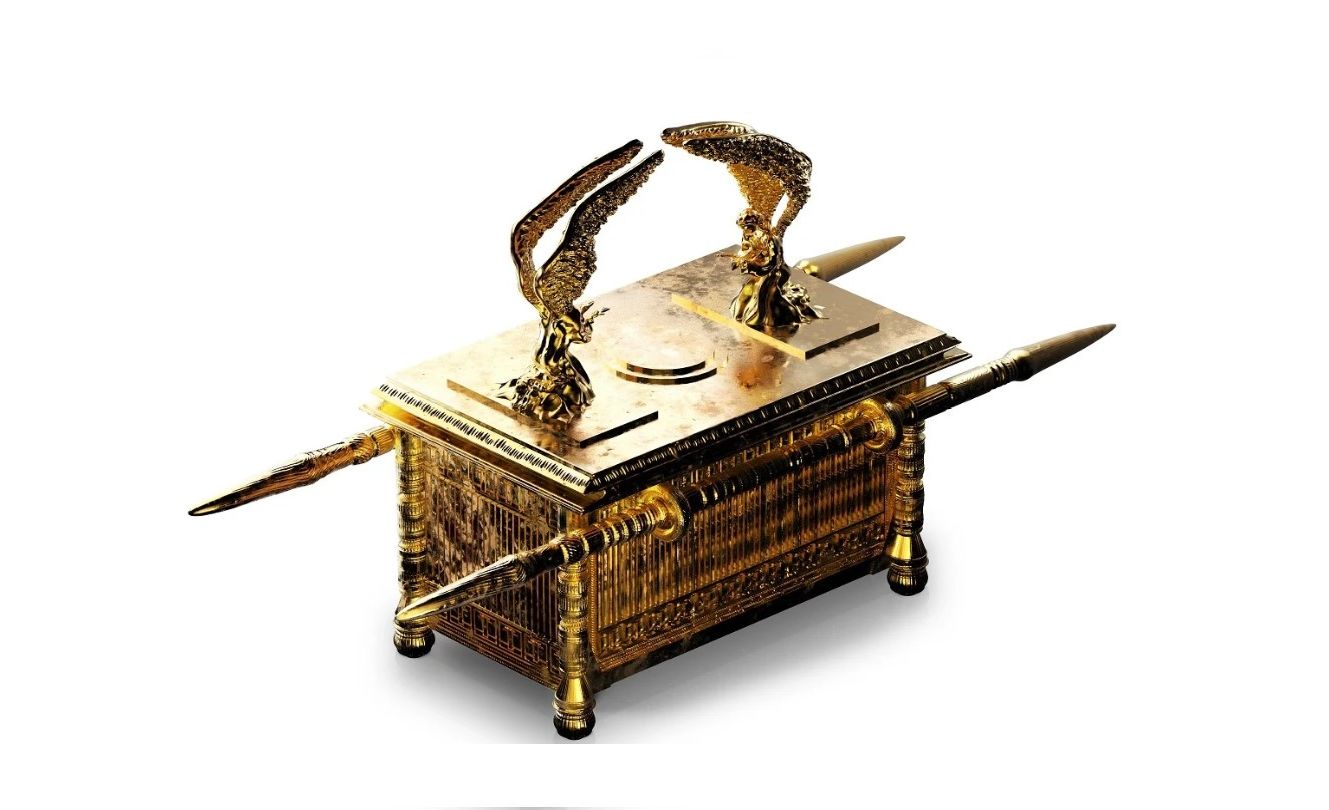

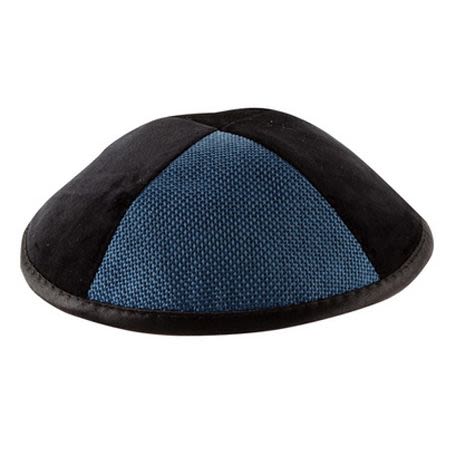
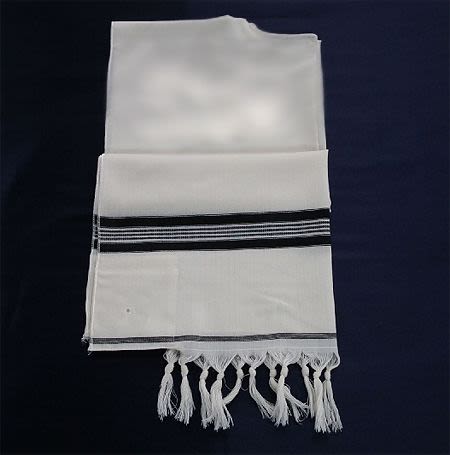
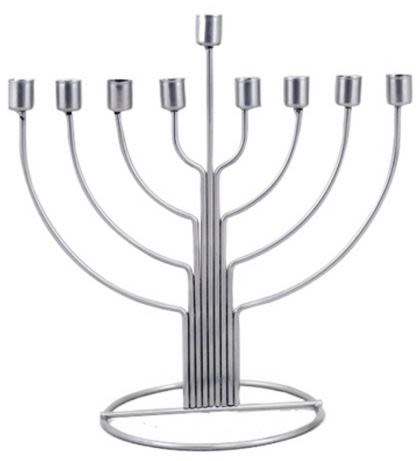
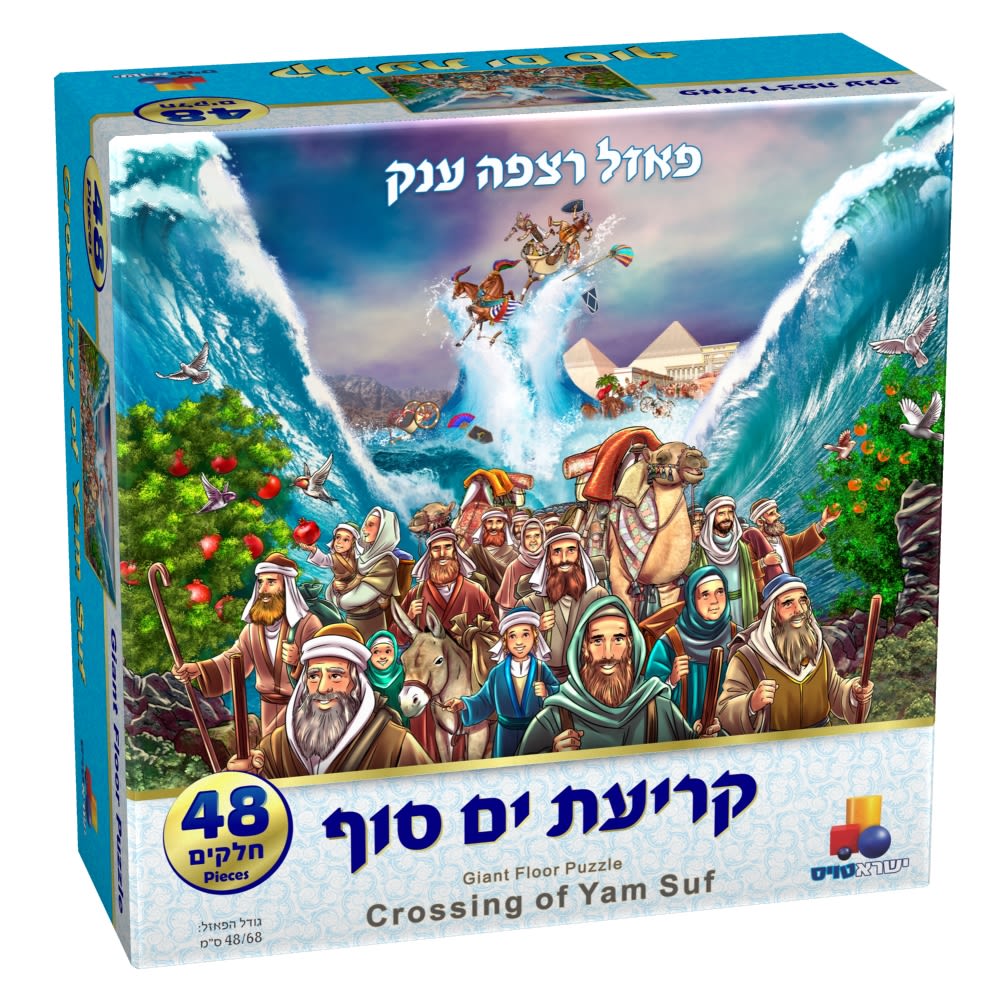
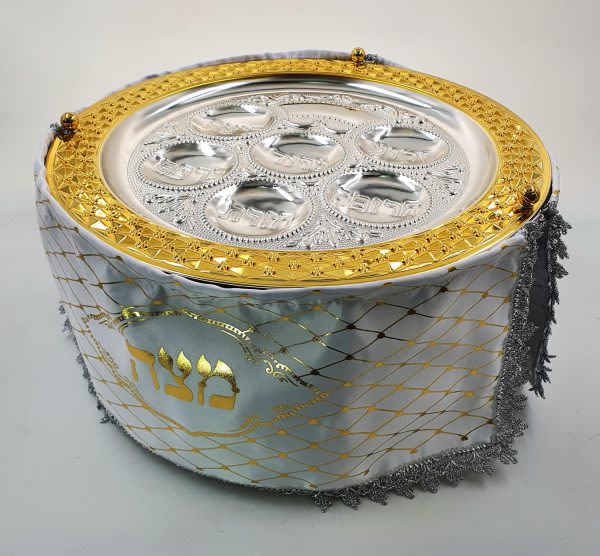
Tell us what you think!
Thank you for your comment!
It will be published after approval by the Editor.